The «extend» approach is not suitable because it requires the use-case Manage users to add value on its own without any of the extensions. You‘ll find more arguments in this other answer. The right way to address this issue — if this level of detail is really desired — is to use generalisation on the use case side as well.
If you would just have the CRUD cases inheriting from the more general Manage users, an Administrator could, by way of use case specialisation, also realize the more sensitive Delete user. There are several ways to address this:
- keep the general use case without actors. Associate the normal user to the three specializations and the admin to the deletion only.
Online example with plantuml:

- keep only the association of the normal user to the general use case, and use a constraint on the deletion use case, to make clear that it requires the user to be superuser (this would be my preferred one, as it would allow also to get rid of the (too?) detailed uc):
Example:

- more variants using intermediate elements of generalisation.


